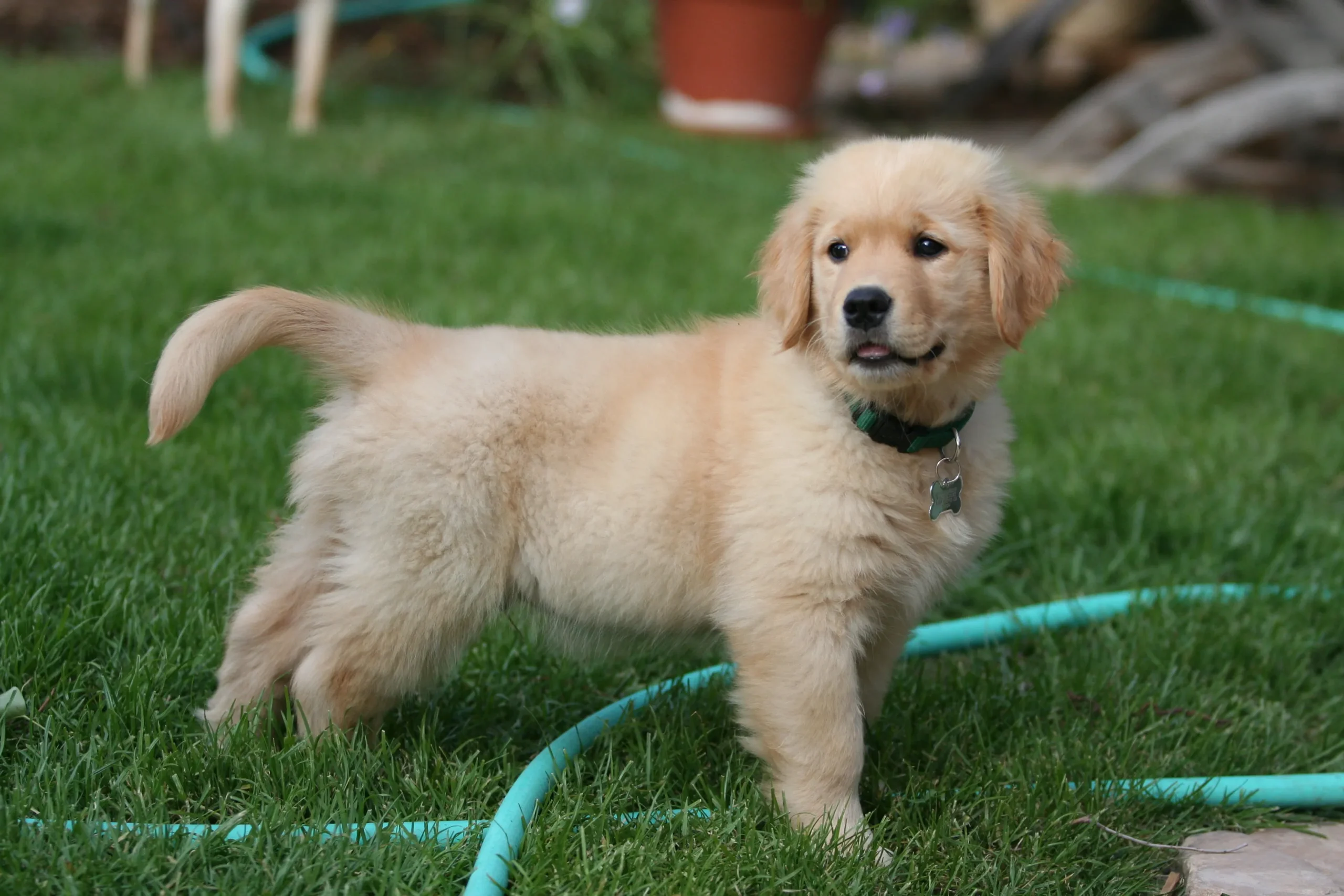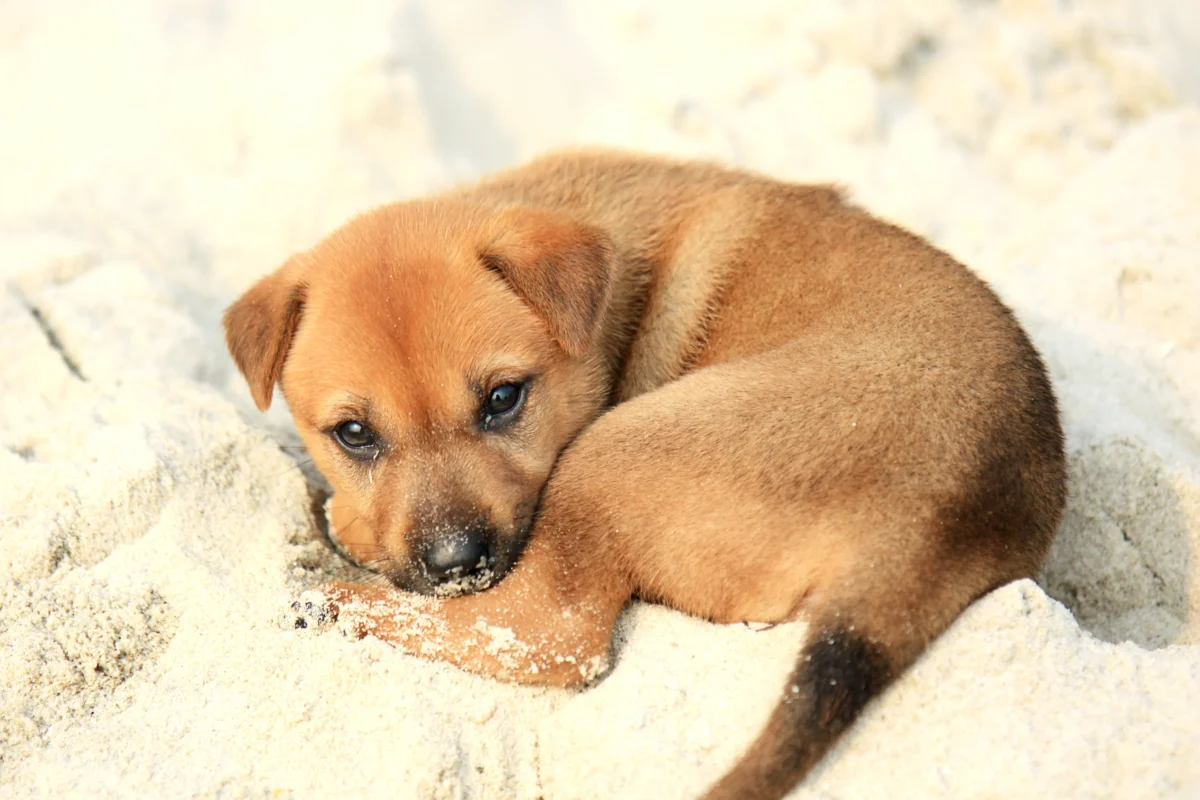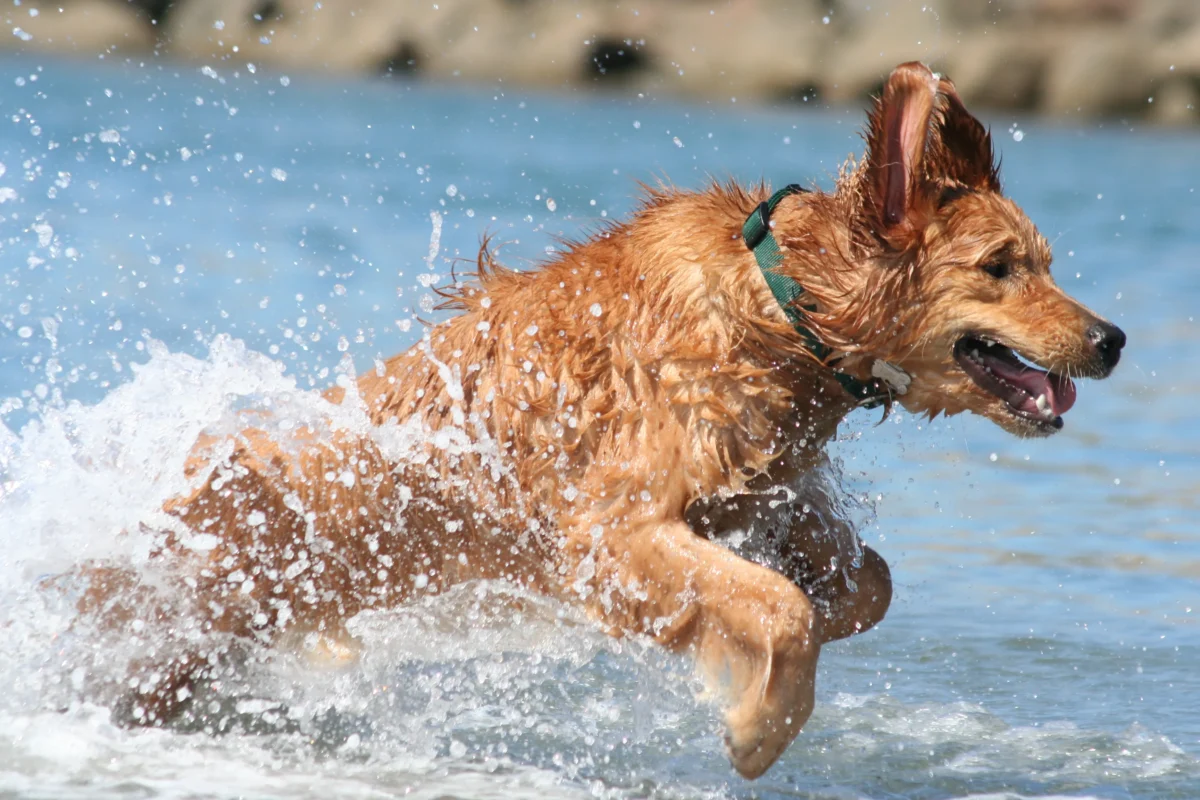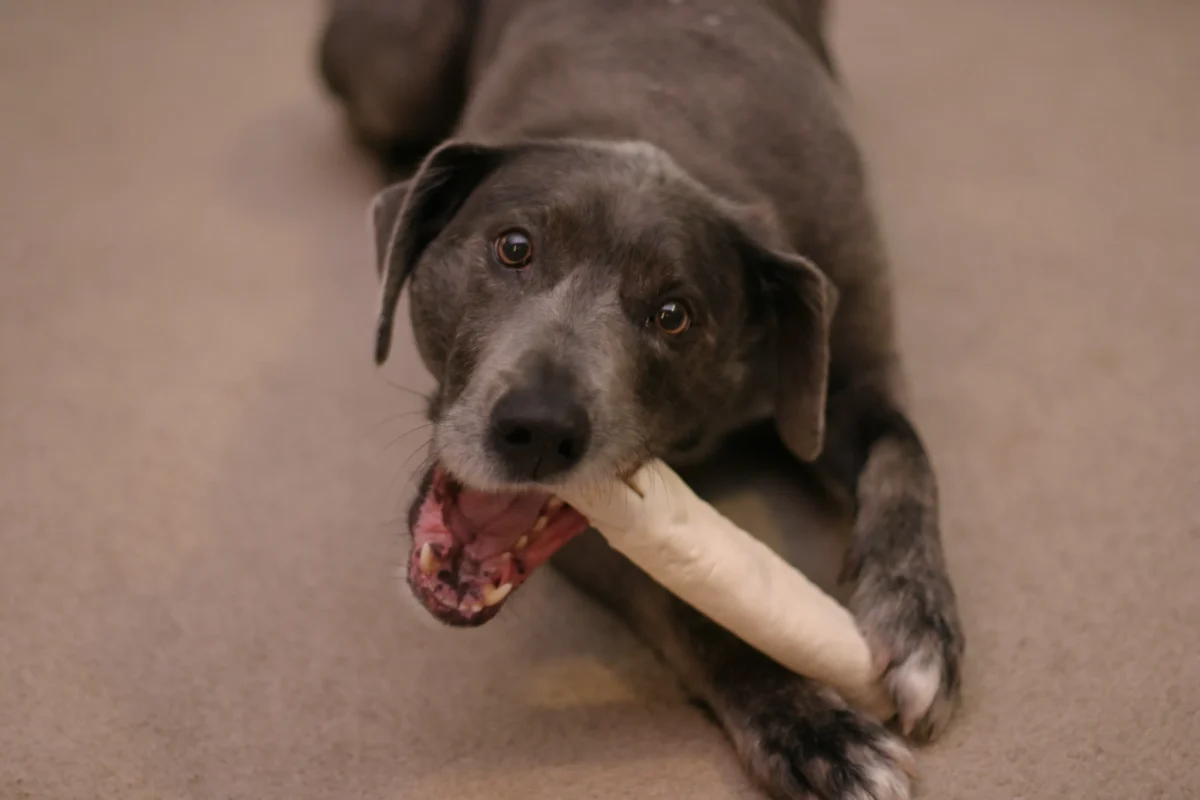Are you considering getting a golden retriever but concerned about the shedding? Look no further! In this article, we will explore the different types of golden retrievers that don’t shed. Whether you have allergies or simply prefer a cleaner home, these non-shedding golden retrievers might be the perfect fit for you and your family. So, let’s dive in and discover the wonderful world of low-shedding golden retrievers!
If you love the friendly and affectionate nature of golden retrievers but can’t handle the constant shedding, you’re in luck! There are actually several types of golden retrievers that have minimal to no shedding. In this article, we will explore these different types and help you find the perfect companion for your home. From curly-coated to wavy-haired varieties, you’ll be amazed at the beauty and charm of these non-shedding golden retrievers.
Overview of Golden Retrievers
Owning a golden retriever or a Goldendoodle can bring so much joy and happiness into your life. These breeds are known for their friendly and affectionate nature, making them perfect companions for families or individuals looking for a loyal and loving pet. As a dog lover and owner of both breeds, let me give you an overview of golden retrievers and why they are such wonderful additions to any home.
Golden Retrievers: A Classic Favorite
Golden retrievers are a beloved breed known for their beautiful golden coats and gentle personalities. They were originally bred as hunting companions, known for their ability to retrieve game from both land and water. Today, they are more commonly found as beloved family pets. Their friendly and trustworthy nature makes them excellent with children, and they often get along well with other animals.
Goldendoodles: The Perfect Mix
The Goldendoodle is a hybrid breed that results from crossing a golden retriever with a poodle. This mix combines the best traits of both breeds – the intelligence and low-shedding coat of the poodle, and the friendly and outgoing nature of the golden retriever. Goldendoodles come in different sizes, ranging from small to large, making them suitable for different living situations.
Health and Care
Both golden retrievers and Goldendoodles require regular exercise to keep them happy and healthy. Daily walks, playtime, and mental stimulation are essential to their well-being. Grooming needs can vary depending on the type of coat your dog has. While golden retrievers have a thick, water-resistant double coat that requires regular brushing to prevent matting and shedding, Goldendoodles typically have a low-shedding coat that requires regular brushing and occasional professional grooming.
Training and Socialization
Golden retrievers and Goldendoodles are highly intelligent breeds that are eager to please. They respond well to positive reinforcement training methods and thrive on interactive activities. Early socialization is also crucial to help them become well-rounded and confident dogs.
Benefits of Owning a Golden Retriever that Doesn’t Shed
Owning a golden retriever that doesn’t shed can bring numerous benefits to both you and your four-legged friend. If you’re tired of constantly cleaning up dog hair or have allergies, a golden retriever that doesn’t shed may be the perfect fit for you. Here are some advantages to consider:
1. Low Maintenance: One of the significant advantages of owning a golden retriever that doesn’t shed is the reduced grooming requirements. Unlike traditional golden retrievers, which have a thick double coat that sheds heavily, these non-shedding varieties typically have softer and lighter fur. This means you won’t have to spend hours brushing or dealing with excessive shedding.
2. Allergy-friendly: If you or someone in your household suffers from allergies, a golden retriever that doesn’t shed can be a great option. Traditional golden retrievers can trigger allergy symptoms due to their shedding fur and dander. However, non-shedding varieties, such as the Goldendoodle, are more hypoallergenic and cause fewer allergic reactions. This can make your home a more comfortable environment for everyone.

« Discover the Astonishing Growth Secrets of Female Golden Retrievers! Find Out How Big They Really Grow
Discover the Ultimate Guide: The Untold Pros and Cons of Getting a Golden Retriever – You Won’t Believe What They Can Bring to Your Life »
3. Cleaner Living Spaces: With a golden retriever that doesn’t shed, you can say goodbye to the constant battle against pet hair on your clothes, furniture, and floors. This can lead to a cleaner and more hygienic living space, reducing the need for constant vacuuming and lint rolling. You can enjoy a tidy home without worrying about dog hair sticking to everything.
4. Less Maintenance for Allergies: Along with the advantage of reduced shedding, non-shedding golden retrievers often require less maintenance for allergy control. Their fur tends to trap fewer allergens, making it easier to manage allergies in your home. Regular grooming, such as brushing and bathing, can further minimize allergens, ensuring a healthier living environment for everyone.
5. Loving Companionship: Regardless of whether they shed or not, golden retrievers are renowned for their friendly and affectionate nature. Owning a golden retriever that doesn’t shed allows you to experience the delightful companionship these dogs offer without the hassle of excessive shedding. You can enjoy cuddles, playtime, and long walks with your furry best friend while keeping your home cleaner and more allergy-friendly.
By considering a golden retriever that doesn’t shed, you can enjoy the benefits of owning one of the most beloved dog breeds without the
Types of Golden Retrievers that Don’t Shed
If you’ve been considering adding a golden retriever to your family, but have concerns about shedding, you’ll be glad to know that there are types of golden retrievers that don’t shed. These dogs are a great choice for those who want the lovable and friendly nature of a golden retriever without the constant need for cleaning up hair.
One popular option is the Goldendoodle, a crossbreed between a golden retriever and a poodle. Goldendoodles inherit the non-shedding coat from their poodle parent, making them hypoallergenic and ideal for individuals with allergies. Their curly or wavy hair requires regular grooming to prevent matting, but they do not shed like traditional golden retrievers.
Another option is the “English Cream” golden retriever, also known as the “white golden retriever”. These dogs have a shorter and lighter-colored coat compared to the traditional golden retrievers. While they still shed to some extent, their shedding is generally less compared to the American or Canadian golden retrievers”. Regular grooming can help minimize shedding, and you’ll appreciate their regal beauty and friendly temperament.
Remember that regardless of the type of golden retriever you choose, regular grooming is essential. This includes brushing their coat weekly to prevent matting and keeping it clean and healthy. Bathing should be done periodically, but not too frequently to avoid drying out their skin. Regular nail trimming, teeth brushing, and ear cleaning are also crucial for their overall well-being.
In addition to reduced shedding, there are numerous advantages to owning a golden retriever that doesn’t shed. Less hair means reduced grooming requirements and a cleaner living space. If you or someone in your household has allergies, a non-shedding golden retriever can be a great fit as they produce fewer allergens. Additionally, less hair means less maintenance for allergies, allowing you to spend more quality time together.
When selecting a golden retriever that doesn’t shed, it’s important to choose a reputable breeder who understands the breed and practices responsible breeding. Make sure to consider your lifestyle and the specific needs of the dog, and always be prepared to provide them with regular exercise, training, and socialization to keep them happy and healthy.

**So if you’re looking for a golden retriever that won’t leave a trail of hair behind, consider the Gold
1. English Golden Retrievers
If you’re considering a golden retriever that doesn’t shed, one option to explore is the English Golden Retriever. These gorgeous dogs are known for their majestic appearance and gentle temperament.
English Golden Retrievers have a slightly different look compared to their American counterparts. They usually have a stockier build, a broader head, and a thicker coat. Their coat is typically lighter in color, ranging from cream to a beautiful shade of gold.
One of the advantages of choosing an English Golden Retriever is their reduced shedding. While all golden retrievers shed to some extent, English Golden Retrievers tend to provide a better option for those who are concerned about excessive shedding. Their coats are dense and feathered, which helps to keep the loose hairs contained and off your furniture and floors.
It’s important to note that even though English Golden Retrievers shed less, they still require regular grooming to maintain a healthy coat and prevent matting. Brushing their fur at least once a week will help to keep it in good condition and minimize shedding.

English Golden Retrievers are known for their friendly and affectionate nature. They are fantastic companions and are always up for fun and games. Their gentle disposition makes them wonderful family pets and they are great with children.
Additionally, English Golden Retrievers are highly intelligent and trainable. They excel in obedience training and can be easily taught a variety of commands. They are eager to please and thrive with positive reinforcement.
Remember, when considering an English Golden Retriever or any other type of golden retriever, it is important to choose a reputable breeder or consider adoption from a trusted animal shelter. Taking the time to provide them with regular exercise, training, and socialization will ensure they lead a happy and healthy life.
So, if you’re looking for a golden retriever that doesn’t shed as much, the English Golden Retriever may be an ideal choice for you. Their stunning appearance, gentle temperament, and reduced shedding make them a wonderful addition to any family.
2. Miniature Golden Retrievers
If you’re looking for a smaller version of the golden retriever breed, consider the adorable Miniature Golden Retrievers. These pint-sized pups are a popular choice for those who love the golden retriever temperament but prefer a smaller dog. Here’s everything you need to know about them:

Size and Appearance
Miniature Golden Retrievers typically weigh between 20 to 45 pounds and stand about 14 to 18 inches tall. They have the same golden coat as their larger counterparts, but they have been bred to have a smaller stature. These little bundles of joy are sure to capture your heart with their sweet and loving expressions.
Characteristics and Temperament
Just like their larger counterparts, Miniature Golden Retrievers are known for their friendly and affectionate nature. They are incredibly sociable dogs that enjoy being around people and other pets. Their playful and energetic personality makes them a great addition to any household. Plus, their intelligence and trainability make them a joy to teach new tricks.
Exercise and Training
While Miniature Golden Retrievers are smaller in size, they still require regular exercise to keep them happy and healthy. Aim for at least 30 minutes to an hour of physical activity each day. This can include walks, playtime in the yard, or interactive games that stimulate their minds. Additionally, consistent training is essential to ensure a well-behaved and obedient companion.
Grooming and Shedding
One of the benefits of owning a Miniature Golden Retriever is their reduced shedding compared to their larger counterparts. While they still have a beautiful double coat, it requires less maintenance. Regular brushing to remove loose hair and prevent matting is recommended. You’ll also want to keep their ears clean and trim their nails regularly.
Finding a Miniature Golden Retriever
When looking to add a Miniature Golden Retriever to your family, it’s crucial to find a reputable breeder who focuses on the health and well-being of their dogs. Research breeders in your area, read reviews, and ask for recommendations from other dog owners. Adoption is also a wonderful option – check local shelters and rescue organizations for Miniature Golden Retrievers in need of a forever home.
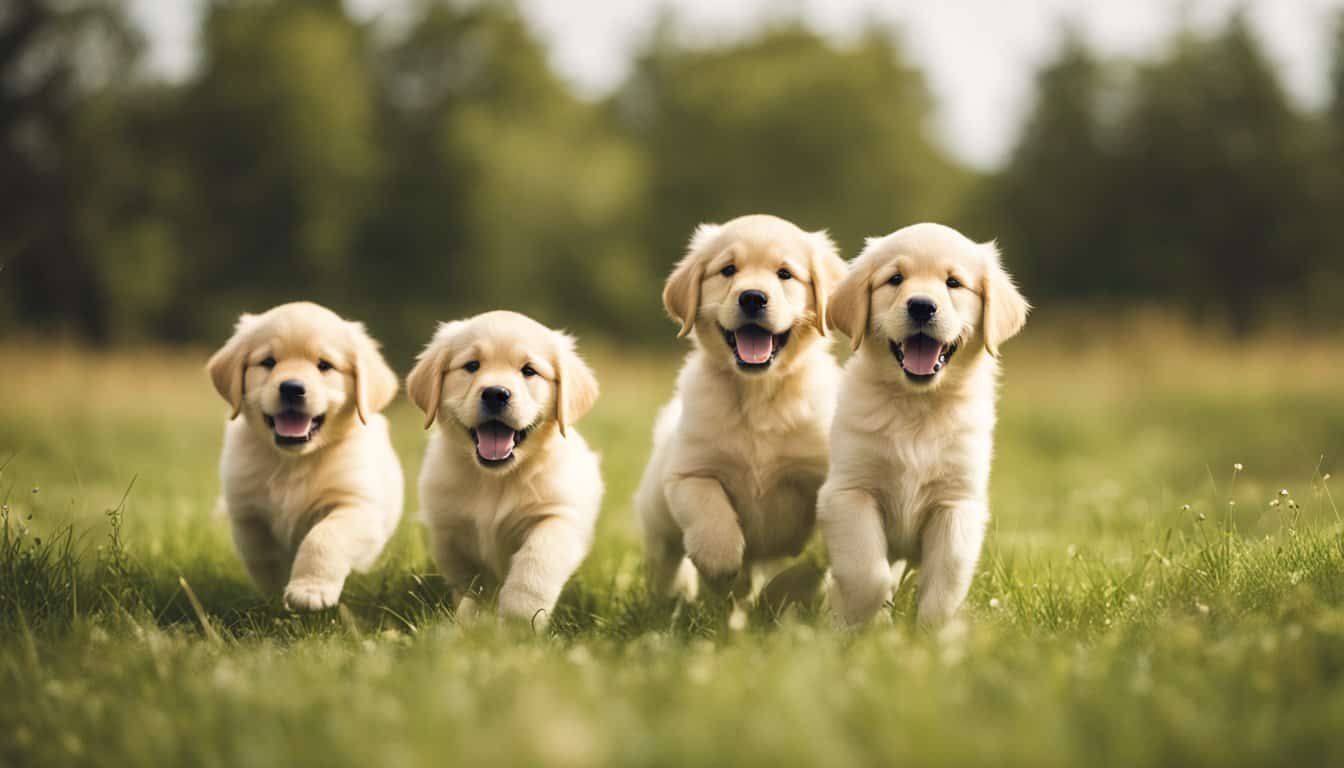
Remember, whether you choose a Miniature Golden Retriever or another type of golden retriever, providing regular exercise, training, and socialization is key to raising a happy and healthy dog. These loveable breeds will bring joy and
3. Goldendoodles
If you’re looking for a golden retriever that doesn’t shed, you might want to consider a Goldendoodle. These adorable furry companions are a hybrid breed resulting from crossing a golden retriever with a poodle. You get the best of both worlds – the friendly and affectionate nature of a golden retriever with the hypoallergenic coat of a poodle.
Benefits of owning a Goldendoodle:
- Reduced shedding: One of the biggest advantages of having a Goldendoodle is their minimal shedding. This means less hair all over your furniture and clothes, making for a cleaner living space.
- Allergy-friendliness: If you or someone in your family suffers from allergies, a Goldendoodle can be an ideal choice. Their low-shedding coats produce less dander, which is a common allergen, thus reducing the risk of triggering allergic reactions.
- Lower grooming requirements: Compared to golden retrievers, Goldendoodles require less grooming maintenance. Their coats typically require brushing every few weeks, rather than daily or weekly brushing sessions.
But it’s not just about their hypoallergenic coats. Goldendoodles are incredibly loving and companionable pets. They are known for their friendly and sociable nature, seeking out affection from their human family members. They thrive on being part of the family and are great with children and other pets.
Training and socialization are key:
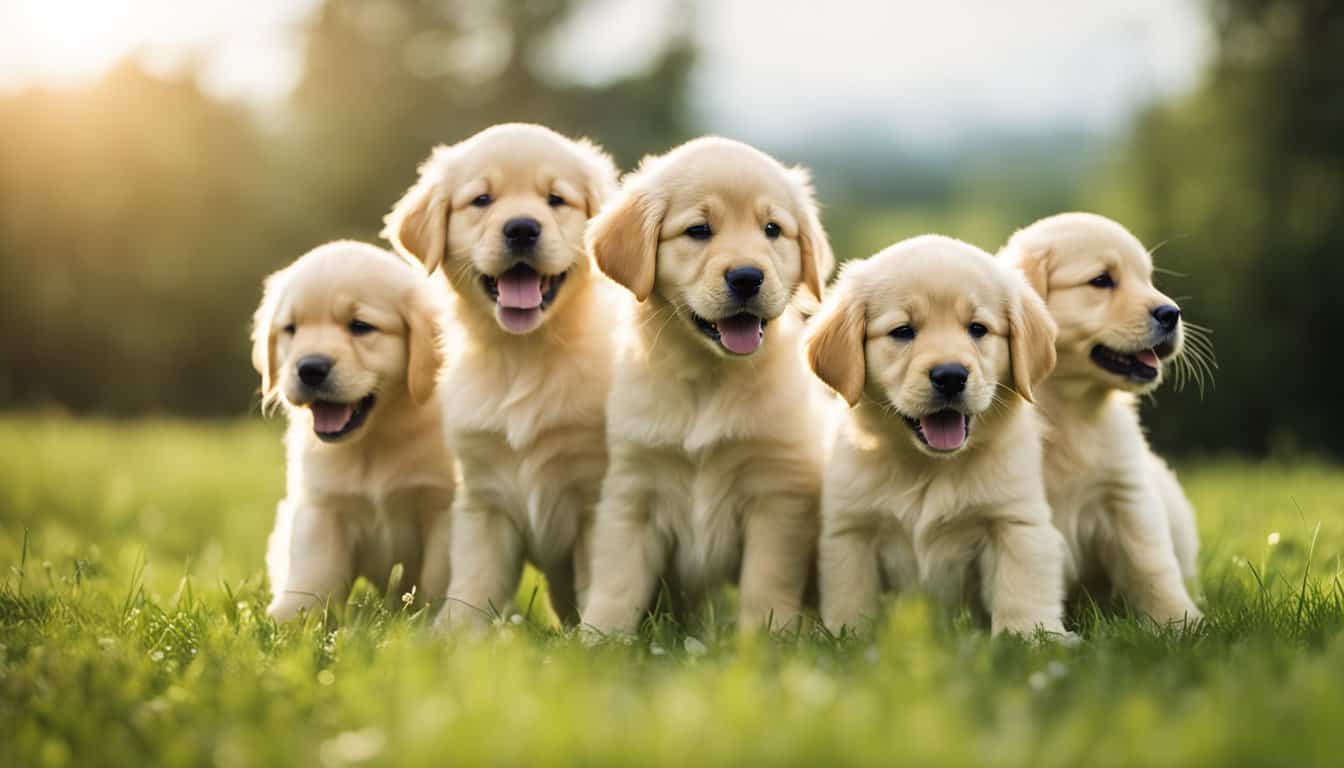
Just like golden retrievers, Goldendoodles benefit from regular exercise, training, and socialization. They are intelligent and eager to please, making them relatively easy to train. Engaging them in regular physical and mental activities will keep them happy and well-behaved.
Finding a reputable breeder:
When considering a Goldendoodle, it’s essential to find a reputable breeder who prioritizes the health and well-being of their dogs. Look for breeders who provide thorough health testing, proper socialization, and a clean environment for the puppies.
Regular exercise for a happy and healthy dog:
To ensure your Goldendoodle’s happiness and overall well-being, make sure to provide them with regular exercise. Daily walks, playtime, and mental stimulation through interactive toys or training exercises are essential to keep them physically and mentally fit.
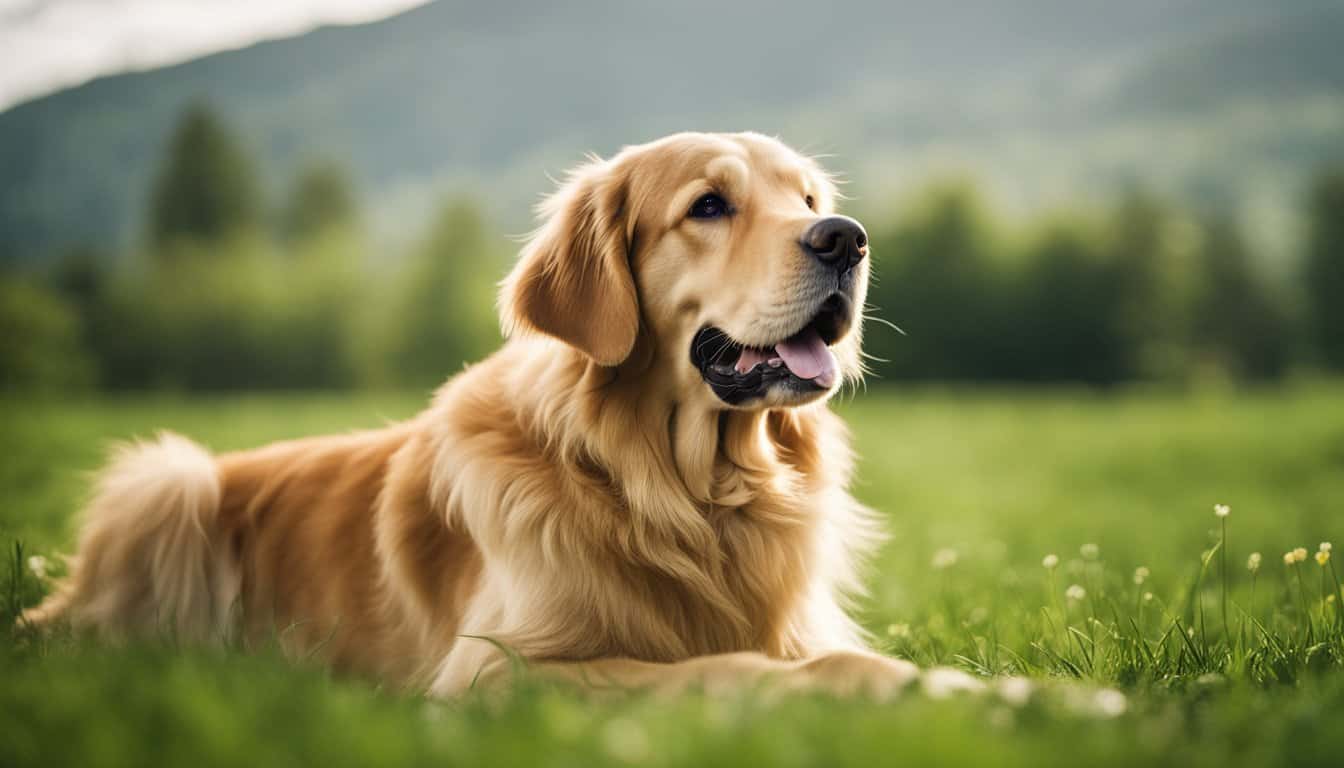
If you’re searching for a golden retriever that doesn’t shed, a Goldendoodle may be the perfect choice for you. They
4. Labradoodles
If you’re looking for a golden retriever that doesn’t shed, you may want to consider Labradoodles. Labradoodles are a cross between a Labrador Retriever and a Poodle, resulting in a breed that inherits the low-shedding coat of the Poodle. Labradoodles have gained popularity due to their adorable appearance and hypoallergenic qualities.
Labradoodles come in different sizes, ranging from standard to miniature and even toy. Their coats can vary as well, with some having a wavy or curly texture, while others are more straight. This variety allows you to choose the Labradoodle that suits your preferences and lifestyle.
One of the benefits of owning a Labradoodle is their reduced shedding. While no dog is completely hypoallergenic, Labradoodles’ low-shedding coat makes them more suitable for individuals with allergies or those who prefer a cleaner living space. This means less vacuuming and fewer allergy symptoms, allowing you to enjoy the company of your furry friend without constantly worrying about shedding.
Labradoodles, like golden retrievers and Goldendoodles, are known for their friendly and sociable nature. They are affectionate dogs who thrive on human companionship and make great family pets. Labradoodles are intelligent and eager to please, which makes them highly trainable. With consistent training and socialization, you can ensure that your Labradoodle grows up to be a well-behaved and well-adjusted dog.

Just like any other dog, Labradoodles require regular exercise, grooming, and veterinary care to stay healthy and happy. They enjoy daily walks, playtime, and mentally stimulating activities. Their coats need regular brushing to prevent matting and occasional professional grooming to maintain their appearance.
When looking for a Labradoodle, it’s essential to consider reputable breeders who prioritize the health and well-being of their dogs. You can also explore the option of adopting a Labradoodle from a rescue or shelter. Regardless of where you get your Labradoodle from, providing them with love, proper care, and training will ensure a joyful and fulfilling relationship between you and your furry companion.
Labradoodles can bring so much joy and love into your life. With their adorable looks, friendly nature, and low-shedding coat, they are an excellent choice for individuals or families looking for a golden retriever that doesn’t shed.
5. Curly-Coated Retrievers
Curly-Coated Retrievers are a unique and lesser-known type of golden retriever that have a distinctive curly coat. If you’re looking for a golden retriever that doesn’t shed as much, this breed might be the perfect fit for you and your family.
These charming dogs are known for their elegant appearance and friendly demeanor. Their beautiful curls not only give them a stylish look but also help to keep shedding to a minimum. The tight curls of their coat help to trap loose hairs and prevent them from falling all over your home. While they still shed to some extent, it is usually much less than other types of golden retrievers.

In addition to their low-shedding coat, Curly-Coated Retrievers make wonderful companions. They are highly intelligent, loyal, and eager to please, making them easy to train. Their friendly and affectionate nature makes them great with children and other pets, and they are known to be excellent family dogs.
Just like any other golden retriever, regular exercise, grooming, and socialization are essential for the well-being of a Curly-Coated Retriever. Daily walks, playtime, and mentally stimulating activities will help keep them happy and healthy. When it comes to grooming, their curly coat requires regular brushing to prevent mats and tangles. Occasional trips to a professional groomer may also be necessary to maintain their coat’s health and appearance.
When considering adding a Curly-Coated Retriever to your family, make sure to find a reputable breeder or consider adoption from a rescue organization. A responsible breeder will provide you with a healthy puppy and all the necessary information to care for them properly.
If you’re looking for a golden retriever that doesn’t shed as much, consider the wonderful option of a Curly-Coated Retriever. With their unique curly coat and friendly nature, they make fantastic additions to any loving family. Remember to provide them with regular exercise, grooming, and socialization for a happy and healthy life together.
Conclusion
Now that you have learned about the different types of golden retrievers that don’t shed, such as the Curly-Coated Retrievers, you are well-equipped to make an informed decision about the perfect furry addition to your family. With their low-shedding coats and friendly nature, these dogs make excellent companions for both individuals and families.

Remember, taking care of a Curly-Coated Retriever involves more than just their coat. Regular exercise, grooming, and socialization are crucial for their overall well-being. By providing them with these essential aspects of care, you can ensure that your furry friend leads a happy and healthy life.
When considering bringing a Curly-Coated Retriever into your home, it is important to find a reputable breeder or consider adoption. This way, you can be confident that you are getting a dog with a healthy genetic background and a loving temperament.
So, whether you decide to bring home a Curly-Coated Retriever puppy or adopt an adult dog, make sure to provide them with the care and attention they deserve. With your love and commitment, you and your new furry friend can enjoy a lifetime of happiness together.

